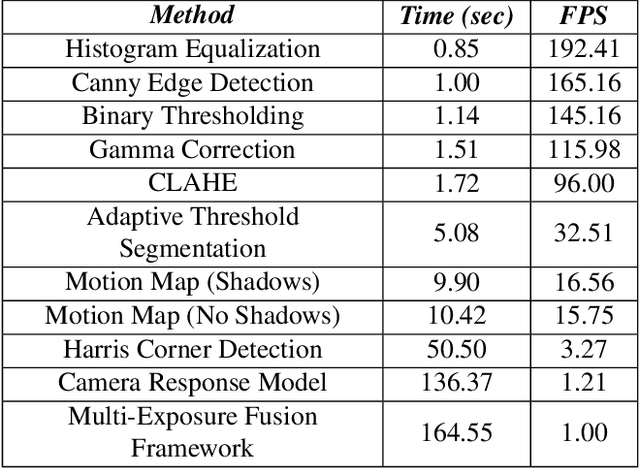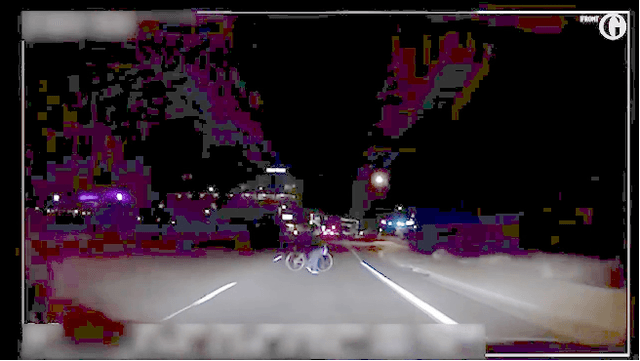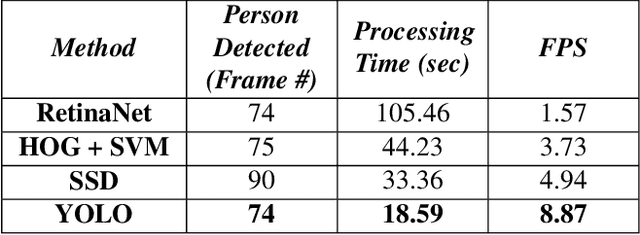Enabling Pedestrian Safety using Computer Vision Techniques: A Case Study of the 2018 Uber Inc. Self-driving Car Crash
Paper and Code
May 30, 2018



Human lives are important. The decision to allow self-driving vehicles operate on our roads carries great weight. This has been a hot topic of debate between policy-makers, technologists and public safety institutions. The recent Uber Inc. self-driving car crash, resulting in the death of a pedestrian, has strengthened the argument that autonomous vehicle technology is still not ready for deployment on public roads. In this work, we analyze the Uber car crash and shed light on the question, "Could the Uber Car Crash have been avoided?". We apply state-of-the-art Computer Vision models to this highly practical scenario. More generally, our experimental results are an evaluation of various image enhancement and object recognition techniques for enabling pedestrian safety in low-lighting conditions using the Uber crash as a case study.
 Add to Chrome
Add to Chrome Add to Firefox
Add to Firefox Add to Edge
Add to Edge